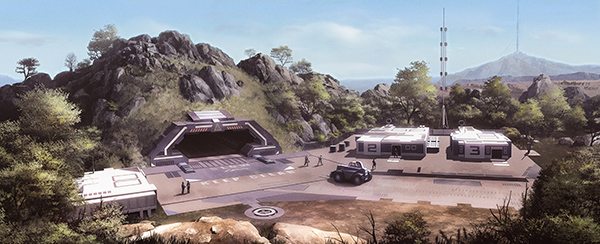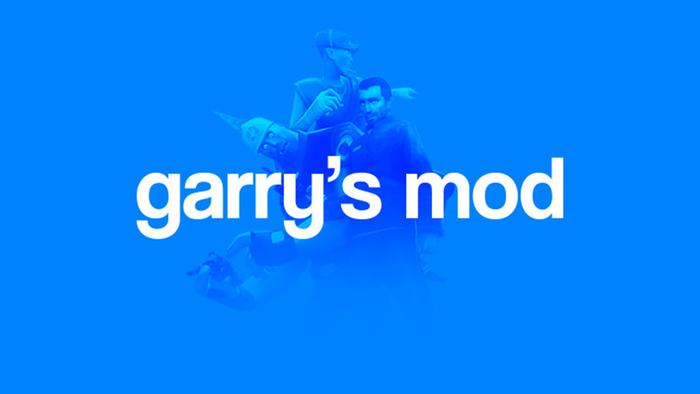
Featured Blog | This community-written post highlights the best of what the game industry has to offer. Read more like it on the Game Developer Blogs.
Open development is about providing the users with the information they need and communication channels required to allow them to critique your work. It is not about compromising the design process in an effort to pander and please.

Today I read a piece by John Walker, where he asserts that having an open development process is a bad thing. I responded on Twitter, but I feel I need a few more characters to explain myself. While Johns argument seems sound, in a superficial manner, he fails to understand the role of a games designer, how games production in general works and the reasons why a developer might turn their ear to their customers.
The foundation of Johns complaint is that a democratic development process cannot work, because the input from ill-informed people will lead the developer astray. Here's the thing: Open development is not democratic, only the developer is holding the wheel.
Open development is about providing the users with the information they need and communication channels required to allow them to critique your work. It is not about compromising the design process in an effort to pander and please.
By talking openly about features I am forced to defend my ideas. I have to provide a reason as to why I feel an idea works and justify my thought processes. I have to work hard to build the trust of my community so they will accept my final judgements. It is a review process that strengthens my vision and challenges my arrogance as an artist. It is healthy.
For a developer, ideas are never in short supply. If a designer is not able to quickly filter bad ideas, then they are a bad designer, it doesn't matter if they come from within or without.

This image took several weeks of critique to get it to fit my vision
I feel it is counter productive to bring up faulty focus group testing (usually caused by bad methodology) as an argument against open development. Getting outside opinions is critical to any design process. If you stare at something for twelve hours a day for two years, you become blind to it, and however hard I try, I will never be able to fully put myself in the shoes of someone else experiencing my game for the first time.
I'll also never be able to imagine what a blind person sees when they play my game, or understand the struggles of a user with limited mobility. These are problems I cannot troubleshoot from a single viewpoint, however creative and handsome I am.
Will adding a slider to adjust the font size in Maia compromise my creative vision, will adjusting the mouse speed just be pandering to Cerebral Palsy victims?* Will I no longer be an auteur? How about if I fix the bugs that the Intel GPU users have been getting? Will it destroy my mise-en-scene?
There are problems with open development. It's a bit slower, and involves painful challenging of one's own ego. That's not easy at all, but as someone who regards games as an art form, I understand it is necessary.
I hope that clears up my thoughts on the issue.
And now before I post this blog I will send it to a few people. Some of them will never develop a game or even play one. They will pick apart this article and ask me to clarify my points. They will pull apart my language and force me to rewrite parts of it. As the reader you will benefit from their input as will I, the writer.
-Simon
*A real example of some of the feedback I have received
Read more about:
Featured BlogsAbout the Author(s)
You May Also Like








